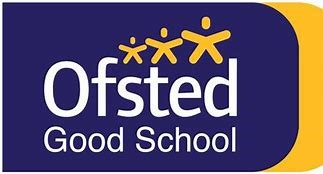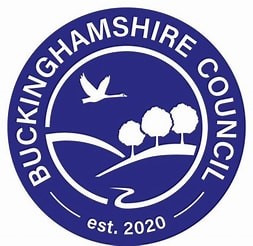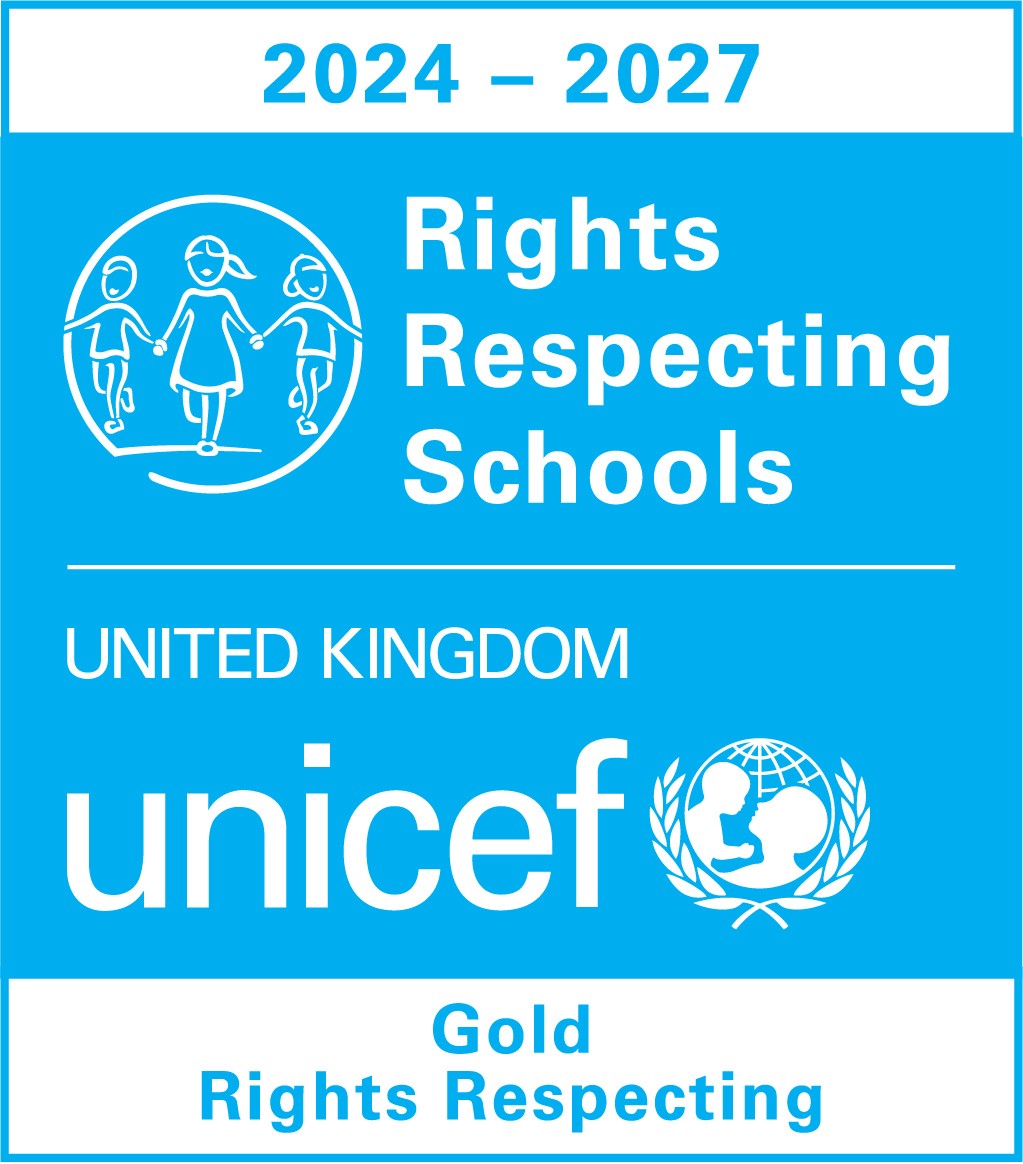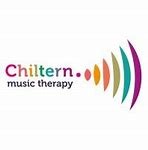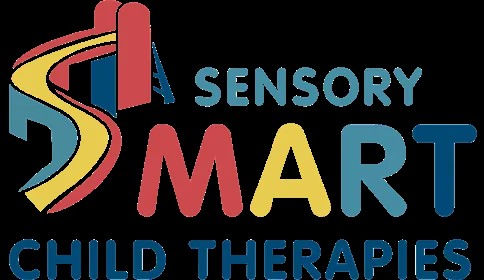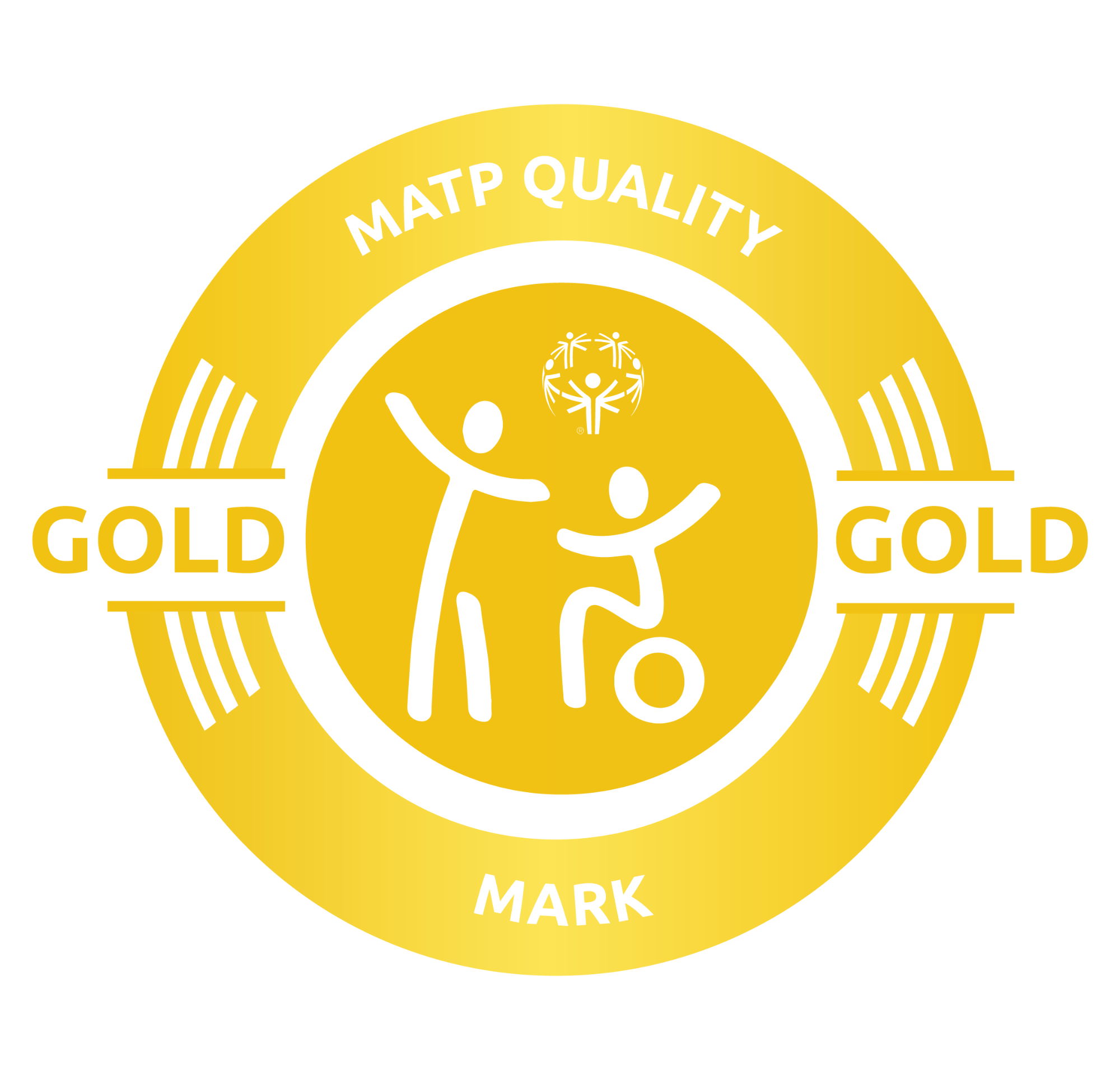Governors
The role of the Governing Board is a vital part of school life in making sure that every child gets the best possible education.
The purpose of governance is to provide confident, strategic leadership and to create robust accountability, oversight, and assurance for educational and financial performance.
Here at Heritage House School the Governing Board works closely with the Senior Leadership Team to ensure that we promote high standards of educational achievement at the school for all children.
The work of the Governing Board focuses on three core strategic functions:
- Ensuring clarity of vision, ethos and strategic direction
- Holding the Headteacher to account for the educational performance of the school and its pupils, and the performance management of staff.
- Overseeing the financial performance of the school and making sure its money is well spent.
Minutes from the Governing Body meetings are available from finance@heritagehouse.bucks.sch.uk
The Governing Body following the guidance of the Personal and Personal Attributes guidance taken from the Department of Education’s Competency Framework for Governance January 2017.
Principles and personal attributes
The principles and personal attributes that individuals bring to the board are as important as their skills and knowledge. These qualities enable board members to use their skills and knowledge to function well as part of a team and make an active contribution to effective governance.
All those elected or appointed to boards should fulfil their duties in line with the seven principles of public life (the Nolan principles). They should also be mindful of their responsibilities under equality legislation, recognising and encouraging diversity and inclusion.
They should understand the impact of effective governance on the quality of education and on outcomes for all children and young people. In addition, all those involved in governance should be:
- Committed - Devoting the required time and energy to the role and ambitious to achieve best possible outcomes for young people. Prepared to give time, skills and knowledge to developing themselves and others in order to create highly effective governance
- Confident - Of an independent mind, able to lead and contribute to courageous conversations, to express their opinion and to play an active role on the board.
- Curious - Possessing an enquiring mind and an analytical approach and understanding the value of meaningful questioning.
- Challenging - Providing appropriate challenge to the status quo, not taking information or data at face value and always driving for improvement.
- Collaborative - Prepared to listen to and work in partnership with others and understanding the importance of building strong working relationships within the board and with executive leaders, staff, parents and carers, pupils/students, the local community and employers.
- Critical - Understanding the value of critical friendship which enables both challenge and support, and self-reflective, pursing learning and development opportunities to improve their own and whole board effectiveness.
- Creative - Able to challenge conventional wisdom and be open-minded about new approaches to problem-solving; recognising the value of innovation and creative thinking to organisational development and success.

